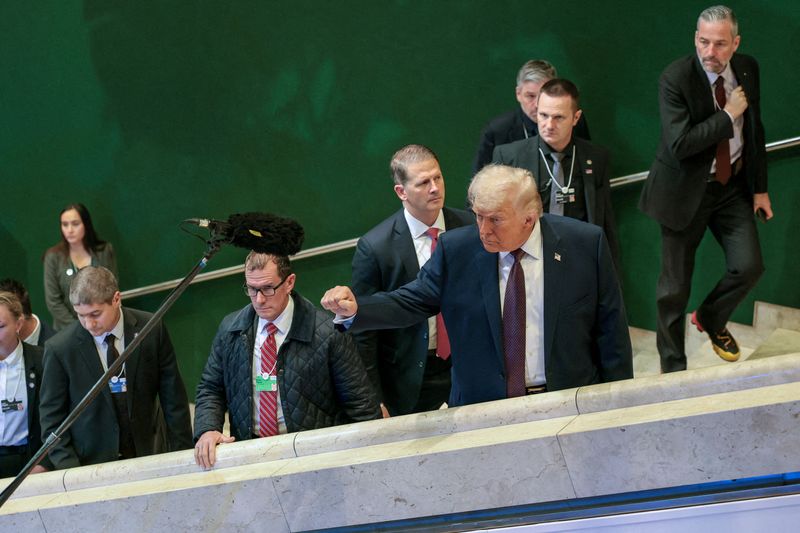US Dollar Egyptian Pound
USD/EGP – US Dollar Egyptian Pound News
VIEW MOREStability of the USD/EGP exchange rate: Analysis and Forecasts
Since 2011, the EGP has experienced significant depreciation due to political crises and events such as the 2013 military coup. Despite numerous attempts by the Central Bank to regulate the situation with USD turnover in the country, the value of the Egyptian pound against the dollar has declined, leading to a steady increase in the USD to EGP exchange rate.
If you are not yet an experienced trader and are just mastering trading, better consider the AMC ticker. Because trading currency pairs in the forex market involves high spikes.
What are the reasons for Egypt’s growing economy and the stability of the dollar vs egyptian pound exchange rate?
According to analysts, Egypt is one of the fastest-growing economies in the region. International investors are investing in Egypt for high returns and as a refuge from the uncertain global environment.
Economic reforms that began in 1991 have played a crucial role in Egypt’s growth. These reforms included the removal of price controls, the reduction of subsidies, the reduction of inflation, the decrease in taxes, and the partial liberalization of trade and investment.
Further reforms were implemented in 2000 to make the Egyptian economy more market-oriented. These reforms covered fiscal policy, monetary policy, taxation, privatization, and other areas.
After the fall of Hosni Mubarak, who ruled for 30 years, Egypt went through a period of stagnation as the military tried to control all economic processes. This led to a perpetual dollar deficit, inflation, pound devaluation, a black market, and a weakening of support from Gulf allies.
EGP weakens, increasing volatility dollar vs egyptian pound
It should be noted that Egypt requested a $3 billion bailout from the International Monetary Fund (IMF) following the conflict between Russia and Ukraine. We would like to remind you that Egypt earlier asked the IMF for $3 billion in aid after the conflict between Russia and Ukraine undermined the country’s economy from several sides at once:
- It increased spending on wheat and oil;
- It hit tourism because of the drop in travelers from Slavic countries.
Although Egypt was already under financial pressure before these events, the conflict made imports more expensive and led to an outflow of more than $20 billion in investment from the economy.
Under the terms of the IMF’s financial assistance package, Egypt must adopt a more flexible exchange rate regime, leading to the current correction.
The central bank may occasionally intervene during periods of excessive exchange rate volatility but will not use banks’ net foreign assets to stabilize the currency.
Outlook for the Egyptian economy: prospects for exchange rate stabilization and inflation control
The decline of the EGP raises concerns about how much further the currency can fall. Some analysts hope foreign investors will return to the Egyptian market and that Egyptians working abroad will send more of their savings home. However, significant improvement is still in sight. This situation has implications for the entire region, as Egypt was a significant employer for many people.
At the start of trading on Wednesday, the dollar to egyptian pound exchange rate had fallen from around 27.60 to 32.14. Since March 2022, the currency has depreciated by a cumulative 51% against the dollar, with some days seeing sharp declines.
The dollar to EGP exchange rate later recovered to about 29.60. However, the Central Bank of Egypt’s ability to support the currency is not unlimited. Even with the agreement with the IMF, which implies a smoother transition to a flexible regulatory system, sharp correction sessions indicate that now may not be the optimal time for such transformations. Currency interventions alone are also not sufficient to address the situation.
In reality, the citizens will be the last to feel the effects of these changes. It would be more appropriate to focus on the stock markets. When portfolio investors begin to return, the market will evaluate and consider all the risks. However, stock investments have been limited this year, particularly in areas affected by high inflation.
Non-deliverable EGP (NDF) forward contracts, used by bankers and investors to gauge the currency’s likely movement over the next 3-12 months, have jumped to 32.64-35.4 USD/EGP, indicating further weakness.
The USD/EPP exchange rate has since recovered to around 29.60. However, the Central Bank of Egypt’s ability to support the currency is not unlimited. Even with the agreement with the IMF, which implies a smoother transition to a flexible regulatory regime, sharp corrections suggest that now may not be the optimal time for such a transformation. Nor is currency intervention alone sufficient to address the situation.
In reality, citizens will be the last to feel the effects of these changes. It would be more appropriate to focus on the equity markets. When portfolio investors start to return, the market will assess and price all the risks. However, this year, equity investments have been limited, especially in high-inflation areas.
Non-deliverable EGP (NDF) futures, used by bankers and investors to gauge the currency’s likely movement over the next 3-12 months, have jumped to 32.64-35.4 US dollar to Egyptian pound, indicating further weakness.







